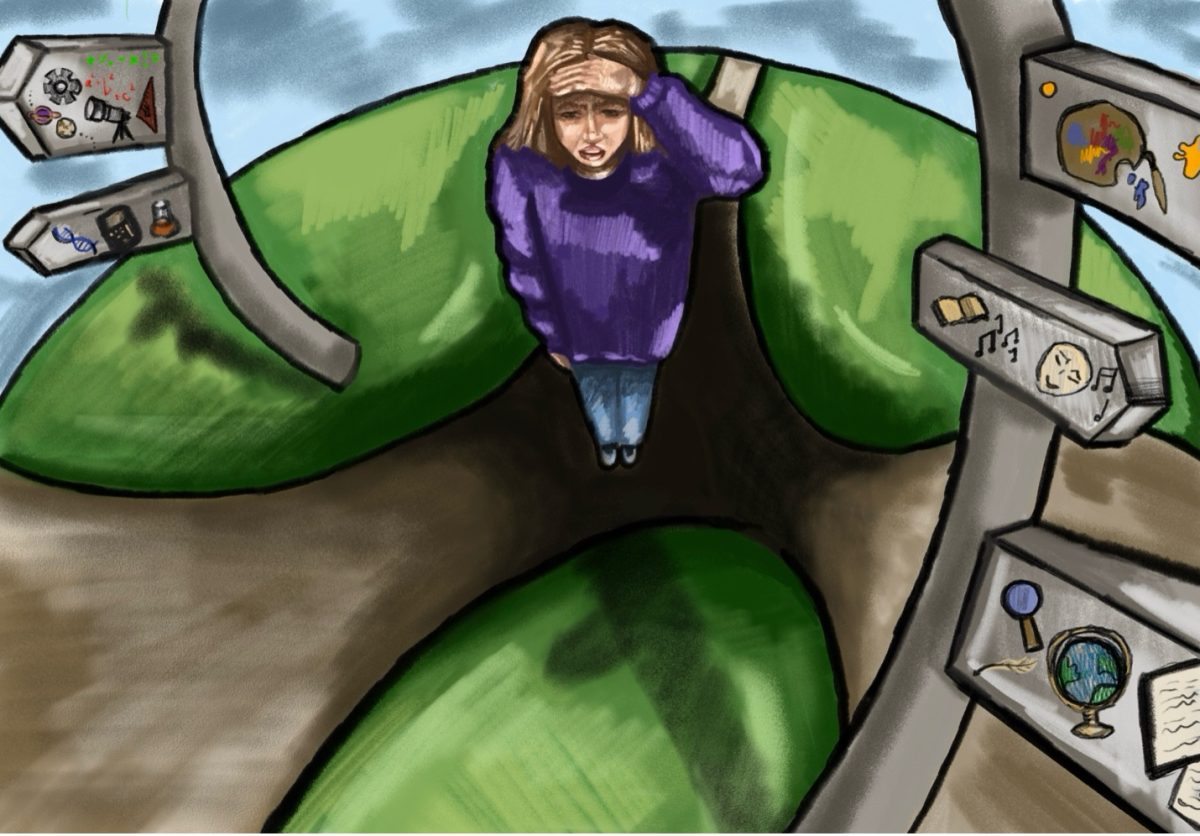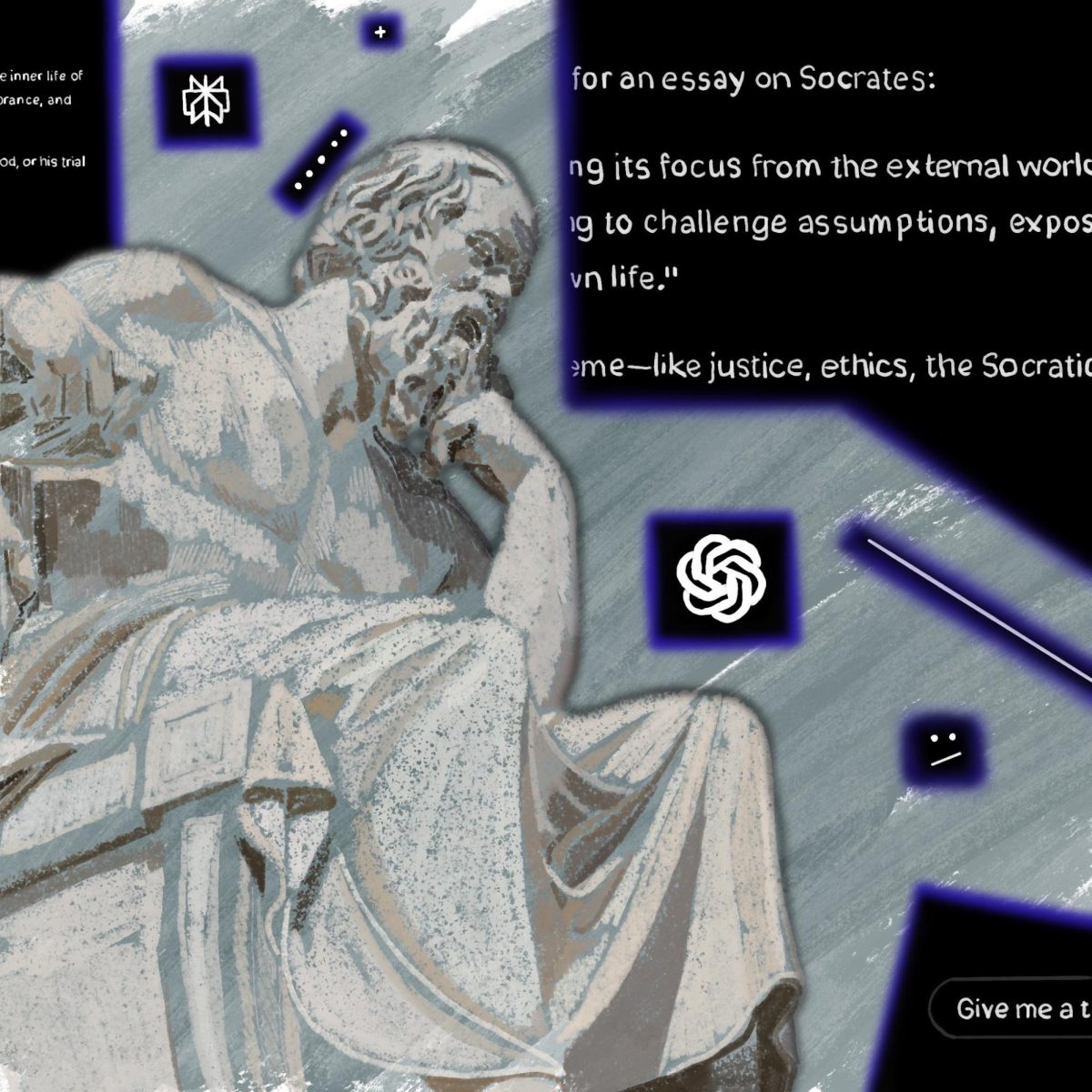I like to spend a good part of my summer rereading books. Recently, while inspecting my bookcase for something to page through before falling asleep, I had a fairly difficult time finding anything that wasn’t thoroughly depressing. Books like The Great Gatsby, American Pastoral, The Joy Luck Club, and various plays by Sophocles and Euripides are chock-full of murder, mayhem, tragic reversals of fortune, and devastating indictments of society.
Don’t get me wrong—these books are in my bookcase because I like them. However, I began to wonder why my book collection is so bereft of comedy. A large number of my books, as you might expect, were assigned for school. The only ones I would classify as comedies are Catch-22, White Teeth, A Midsummer Night’s Dream, and an Aristophanes anthology. The first novel was something I chose from a very long list for a summer assignment and the second was assigned after AP exams, so they didn’t get as much attention in class as most of our other readings. The plays are perfectly fine pieces of comedy, but surely we could also make a more conscious effort to show proper respect to comedy from the last five centuries as well.
It may seem rather oxymoronic to suggest that comedy ought to be taken more seriously: Not every “that’s what she said” joke warrants analysis in peer-reviewed journal articles. However, I think that comedy, in any of its various forms, is too often perceived to be shallower than other genres in the academic world. If someone wanted to demonstrate her intellectual gravitas (and perhaps earn a reputation as a That Kid), she probably would not start by talking about Mark Twain or James Thurber, no matter how insightful their writing is. Granted, our view of comedy may be colored by the examples of lazy or offensive humor that abound, but this means that comedy is difficult to execute well.
We often talk about humor and meaning as though they’re inversely related. Common refrains like “it’s just a joke” imply that something deserves less scrutiny or consideration because it was supposed to be “funny.” But I think that’s insulting to the truly good pieces of comedy out there. Not only is comedy full of meaning—it’s full of double and maybe even triple meanings. Clever wordplay and uncannily sharp observations of the world deserve our full appreciation. College brochures may describe the discussions about Plato and Foucault occurring at house tables at length, but wit’s worth touting as well.
Jane Huang is a fourth-year in the College majoring in chemistry. Summer Musings is a Viewpoints blog that publishes on Tuesdays and Fridays through September 27.







